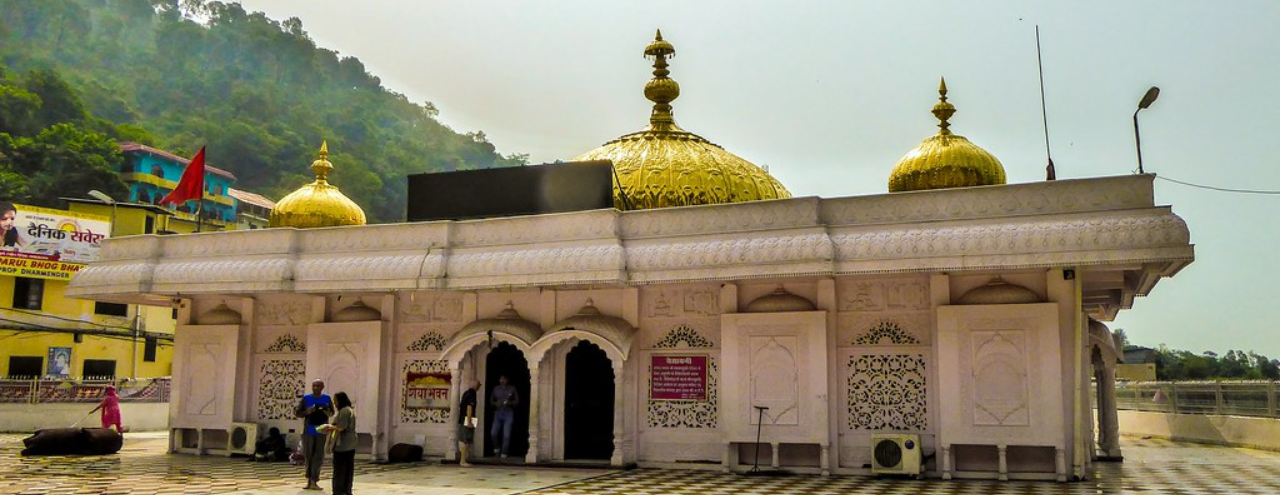
What to know before visiting Jwalamukhi Mandir
The Jwalamukhi Mandir in Himachal Pradesh is a unique and revered Hindu temple dedicated to the goddess Jwalamukhi, an incarnation of the goddess Durga. Known as the Temple of the Eternal Flame, it is famed for its continuously burning natural flames, considered a divine manifestation of the goddess. This sacred site attracts devotees from across India and offers a powerful and mystical experience amid stunning mountain scenery.
Backdrop
Jwalamukhi Mandir has a rich history rooted in ancient Hindu mythology. It is believed that this temple marks one of the Shakti Peethas, where the tongue of the goddess Sati fell. Legend has it that the eternal flame at this site has been burning for centuries, with no apparent fuel or source. The temple was constructed by Raja Bhumi Chand of Kangra, who was guided to this location by a divine vision. The Mughal emperor Akbar is also said to have visited the temple and attempted to extinguish the flame, only to witness its miraculous resilience, further adding to its mystical reputation.
Highlights
-
Eternal Flames: The main attraction of Jwalamukhi Mandir is the set of natural flames that emanate from the temple floor. These flames, seen as divine, are believed to represent the goddess herself.
-
Unique Architecture: The temple features traditional Hindu architectural elements with a striking golden dome, intricate carvings, and sculptures depicting various Hindu deities.
-
Spiritual Vibes: The temple resonates with spiritual energy, and devotees often chant and offer prayers as part of the aarti (prayer ceremony).
-
Spectacular Scenery: Nestled amidst the scenic beauty of the Kangra Valley, the surroundings of the temple are lush and tranquil, enhancing the spiritual experience.
-
Holy Offerings: Devotees bring flowers, fruits, and sweets to offer to the goddess, and the temple priests conduct rituals and blessings.
General info
Location Map
Location of this listing has been thoroughly verified for accuracy.
Top sights in Jwalamukhi Mandir
These popular destinations have a lot to offer
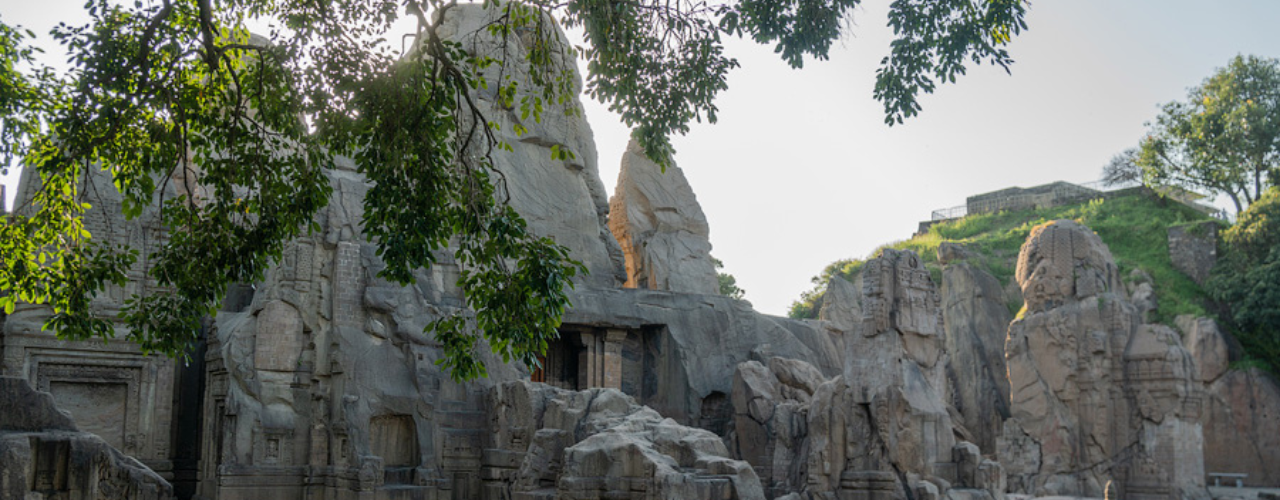
Masroor Rock Cut Temple
The Masroor Rock Cut Temple, located near Kangra in Himachal Pradesh, is an exquisite example...
See More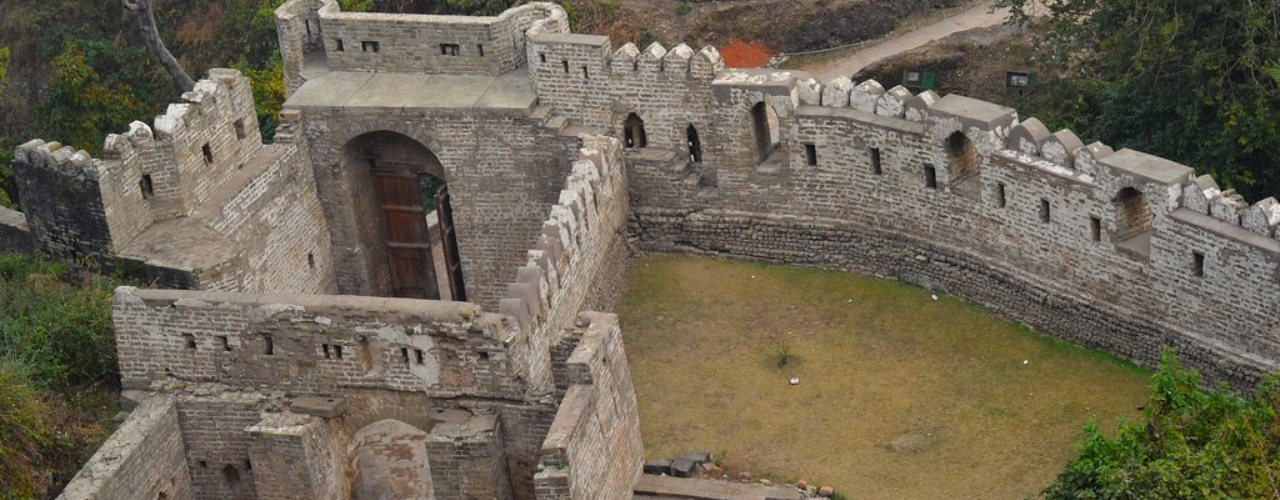
Kangra Fort
Perched on a strategic hilltop, Kangra Fort is a majestic and ancient monument that stands as a...
See More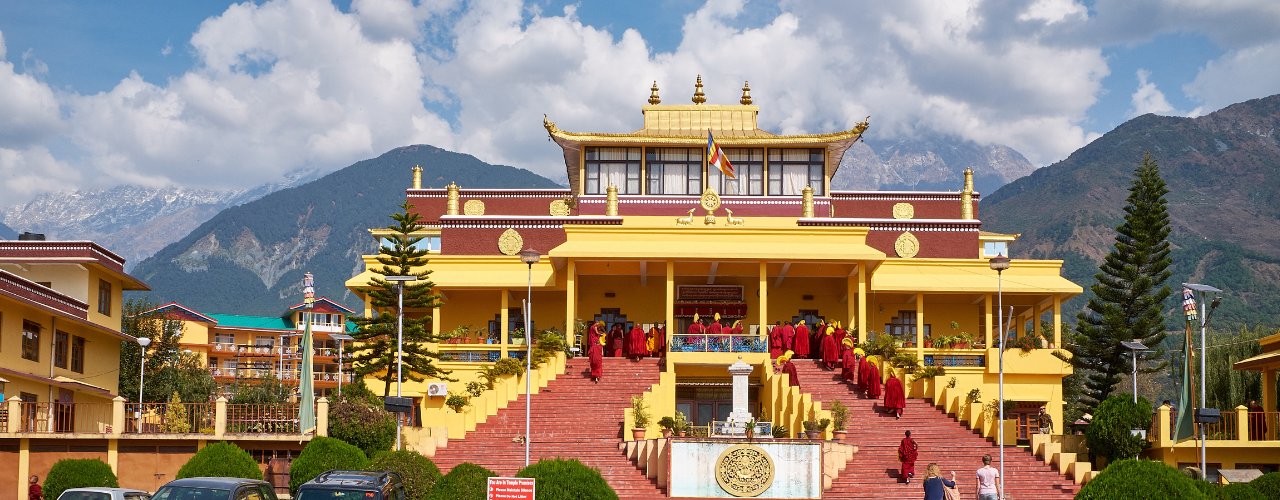
Gyuto Tantric Monastery Temple
The Gyuto Tantric Monastery Temple, located in the tranquil village of Sidhbari near...
See More
Aghanjar Mahadev Temple
Located in the serene village of Khaniyara near Dharamshala, Aghanjar Mahadev Temple is a...
See More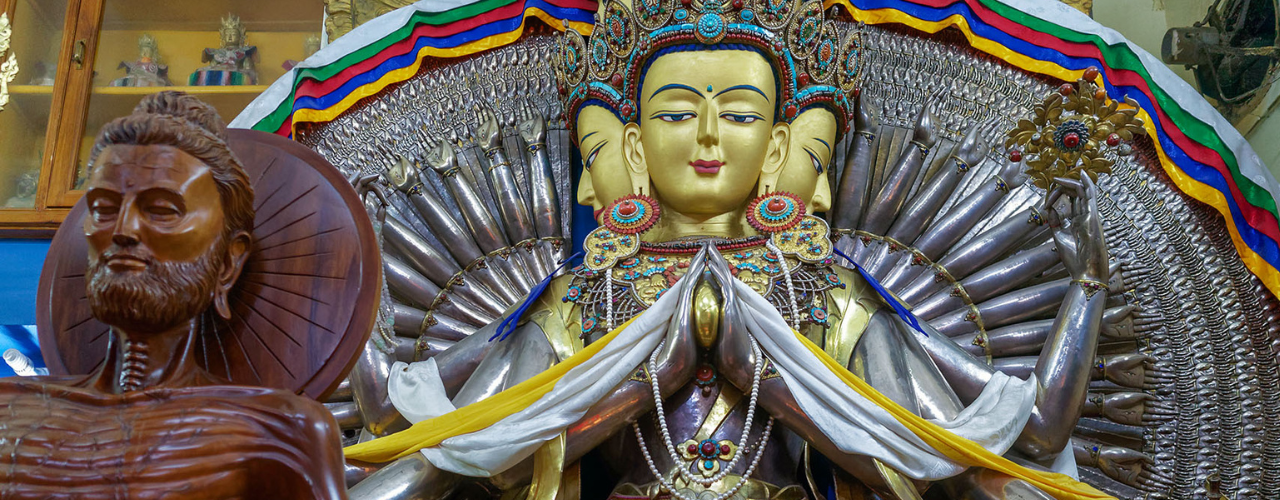
Namgyal Monastery
Namgyal Monastery, located in the serene hills of McLeod Ganj, Dharamshala, is the largest...
See More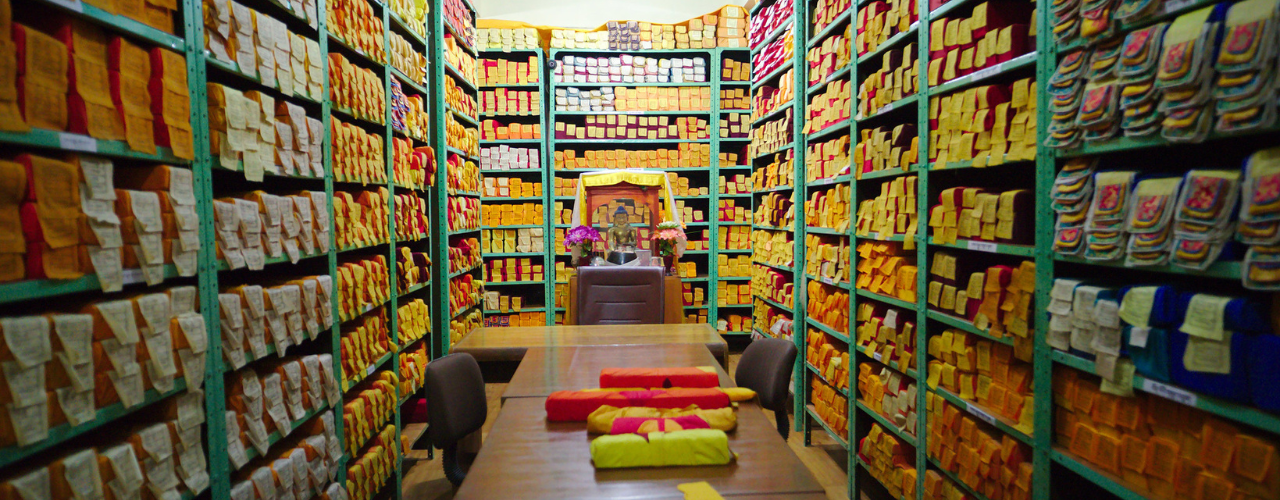
Library of Tibetan Works and Archives
The Library of Tibetan Works and Archives (LTWA) is a prominent center for preserving,...
See More


